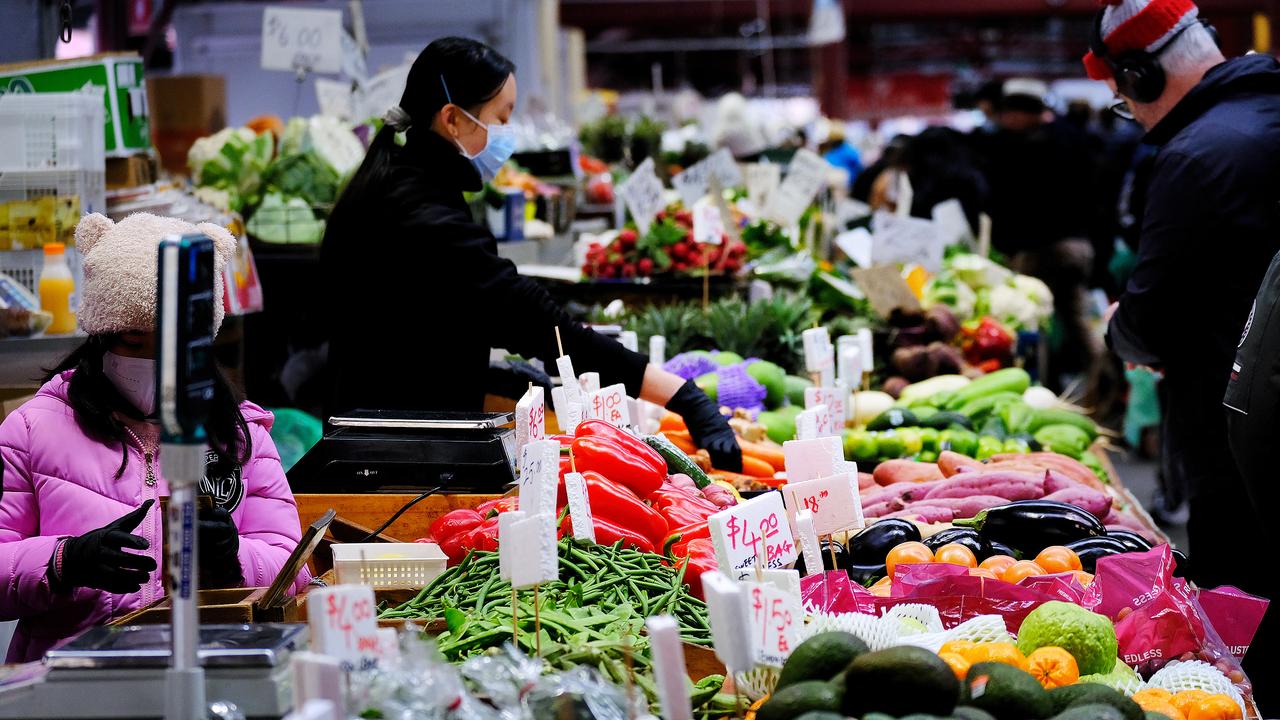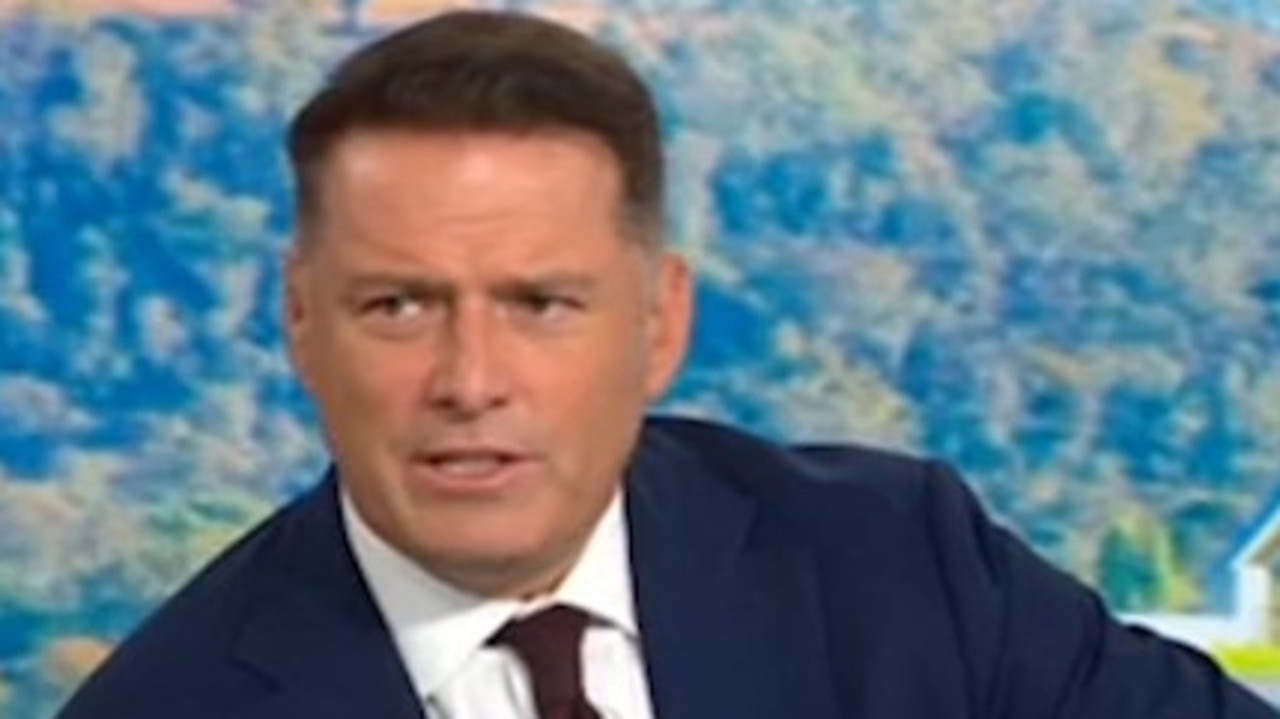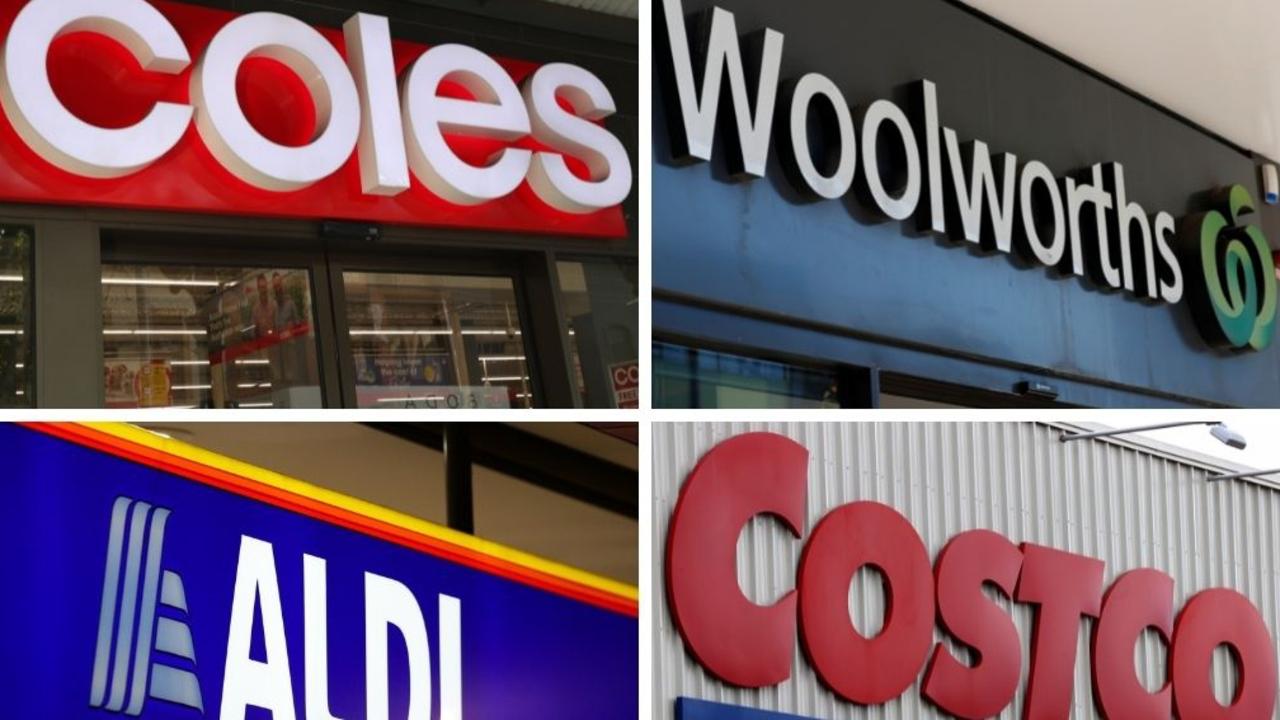‘Cultural appropriation’: TV pitch turns ugly
A Shark Tank-style reality TV show found itself embroiled in a bitter race row after a pair of entrepeneurs pitched their version of a popular Asian drink.
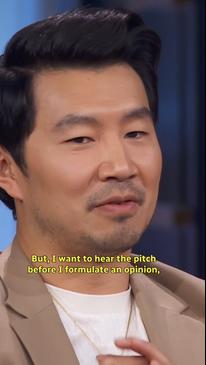
A Shark Tank-style reality TV show has been embroiled in a bitter race row after a pair of entrepreneurs pitched their take on a new version of bubble tea.
Quebec-based business owners Sebastien Fiset and Jess Frenette featured on a recent episode of CBS’ Dragon’s Den to showcase their brand Bobba and ask for a $1 million investment.
‘You know that trendy sugary drink [people] are queueing up for, but you’re not quite sure about its content?’ Ms Frenette asked the panel of investors.
Bubble tea is a Taiwanese tea-based drink made with tapioca balls that has become hugely popular in recent years but is typically not sold in a bottle.
Mr Fiset continued, claiming the pair had “transformed this beloved beverage into a convenient and healthier ready-to-drink experience.”
“Since day one, we’re disturbing this four billion-dollar market,” he added, later claiming “it’s not an ethnical product anymore.”
“We took the Asian version and we made it with fruit, with juice.”
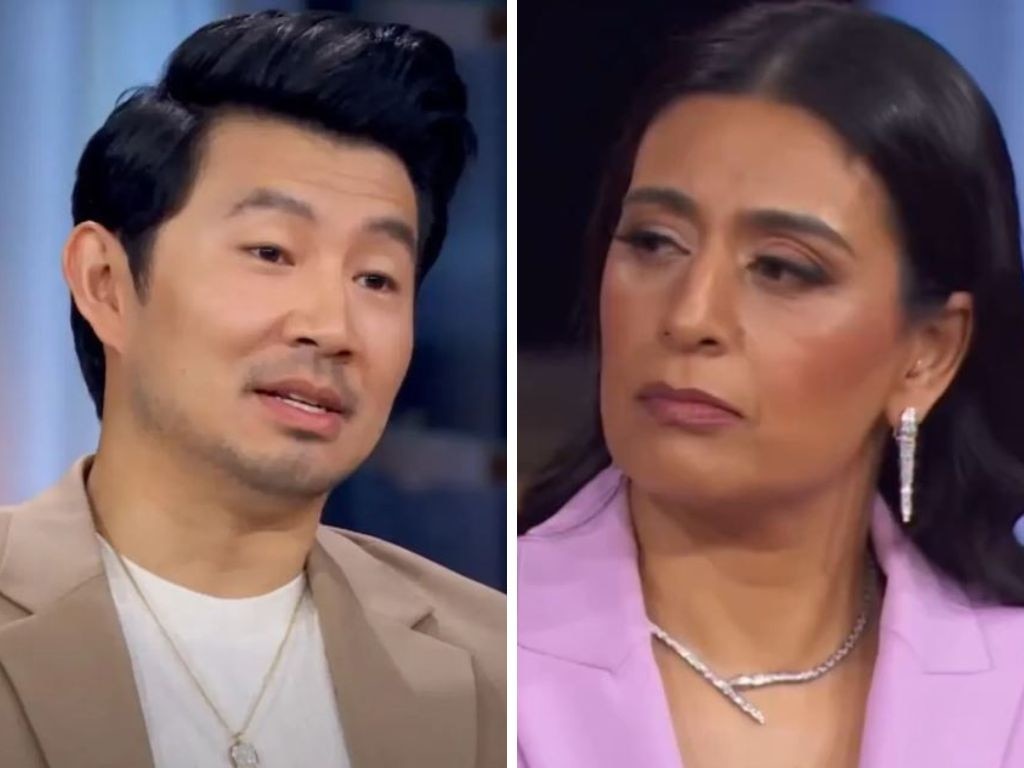
Chinese-born actor Simu Liu, a guest star on the show and prospective investor, immediately took issue with the product, accusing the pair of “cultural appropriation”.
“There’s an issue of taking something that’s very distinctly Asian in its identity and ‘making it better,’ which I have an issue with,” Liu said.
Mr Fiset insisted the company worked closely with an exclusive partner in Taiwan that was responsible for manufacturing boba pearls.
“That’s the best part, that’s the cultural part of our product,” he continued.
Liu was scathing in his appraisal of their drink.
“I am studying your can, and I am looking for anything that tells me where boba came from, and where boba came from is Taiwan,” said Liu, who is also the general partner of a venture capital fund.
“You know, I started this venture company for a lot of reasons, but really primarily to uplift minority entrepreneurs.
“And not only do I feel like this is not happening here, but that I would be uplifting a business that is profiting off of something that feels so dear to my cultural heritage.
“I want to be a part of bringing boba to the masses, but not like this. So for that reason, I’m out.”
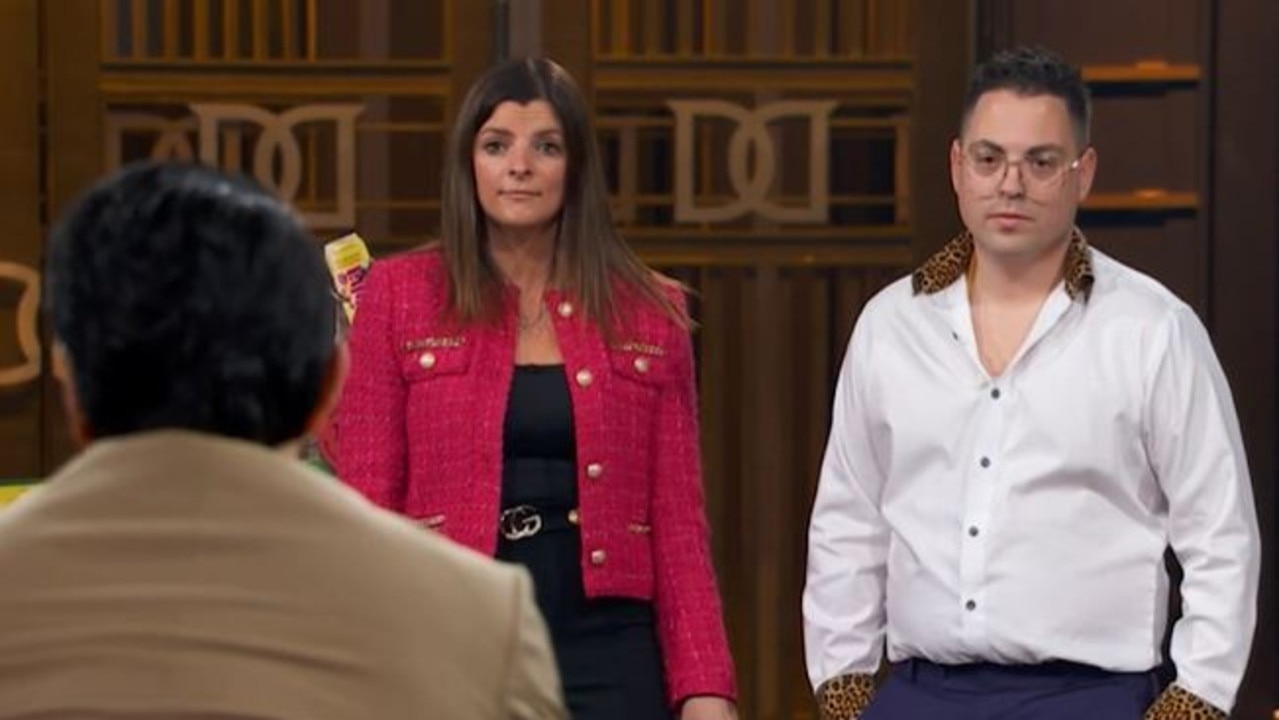
Investor backs out after fierce backlash
Canadian investor Manjit Minhas defended the Bobba founders during their pitch, saying: “There can be new takes on things. Not everything has to be traditional.”
She went on to partner with the pair, fulfilling their request of $1 million for 18 per cent of Bobba, but filmed an apology on Sunday revealing she had since backed out of the deal.
“After more reflection, due diligence and listening to many of your opinions I will not be investing in Bobba Tea,” she said.
“Having said that I had to turn off commenting on my platforms as it is never OK to send hate and threatening messages to the entrepreneurs.
“I believe wholeheartedly, our cultures are meant to be shared, and this includes food, drink, clothing, dance, languages and weddings.”
She acknowledged the importance of “educating, enjoying and exploring” all cultures, pointing out “it is Cha or Chai depending on where you’re from, not Chai Tea.”
“Sharing cultures increases understanding and brings peace on earth, something our planet could use.”
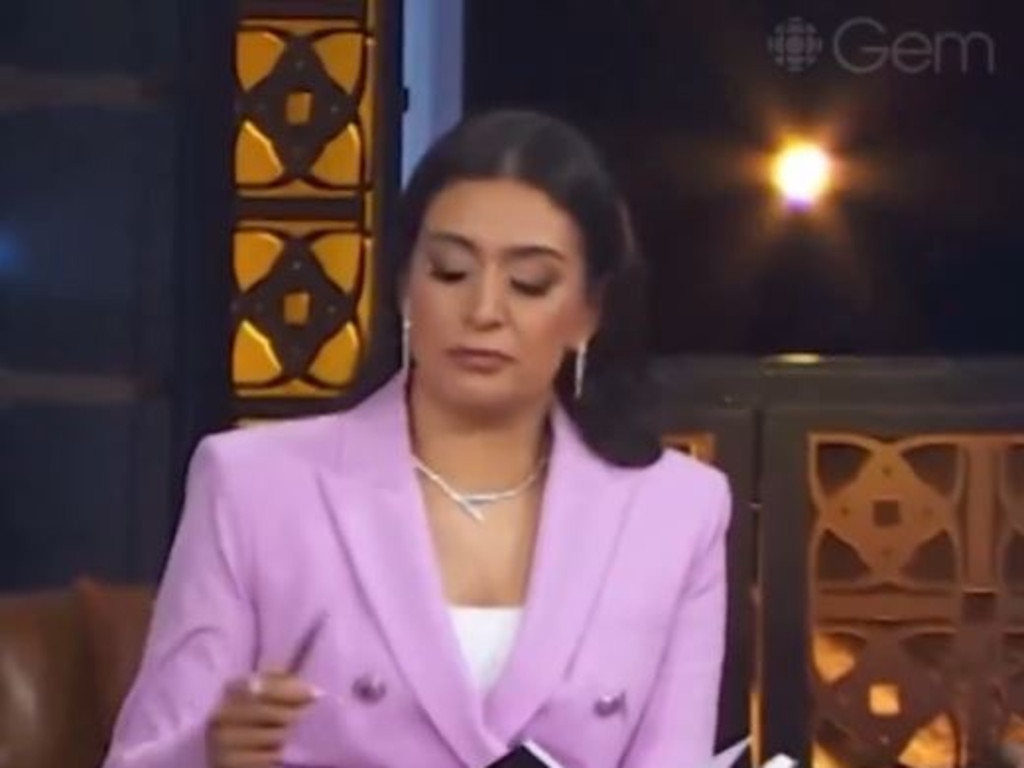
Siu doubles down but condemns death threats
Liu, a Hollywood star who brought Marvel’s first Asian superhero to life in the movie Shang-Chi, said he appreciated the messages of support he had received since the clip went viral.
“Let’s educate people. Let’s make the world a better place. Let’s make people aware that certain things aren’t OK from a cultural perspective,” he said on Sunday.
But he condemned the wave of backlash being directed at the founders of Bobba in the wake of the episode airing.
“I’ve been made aware that the business owners have received a lot of death threats and harassment and otherwise just kind of bullying and dogpiling, and I just want to say that full stop, it’s never okay to make threats. It’s never okay to bully and harass online,” hw Ais.
“Let’s disagree with each other. Let’s critique each other. Let’s critique this idea of cultural appropriation. Let’s talk about it. But you know, what we’re not going to do is threaten people’s physical safety and make people feel unsafe and cause them trauma that, quite honestly, they don’t deserve.”
Bobba founders apologise for “misguided” pitch
The founders of Boba also took to social media to apologise “for the harm we have caused by our words and actions on the show.”
“While it was never our intention to cause harm or disrespect the community that created and popularised this beloved drink, we take full responsibility for the impact of our actions,” they wrote.
The pair said Liu “raised very valid points regarding cultural appropriation and we welcome this learning opportunity.”
“We will re-evaluate our branding, packaging, and marketing strategies to ensure that they reflect a respectful and accurate representation of our Taiwanese partnership and bubble tea’s cultural roots.”


